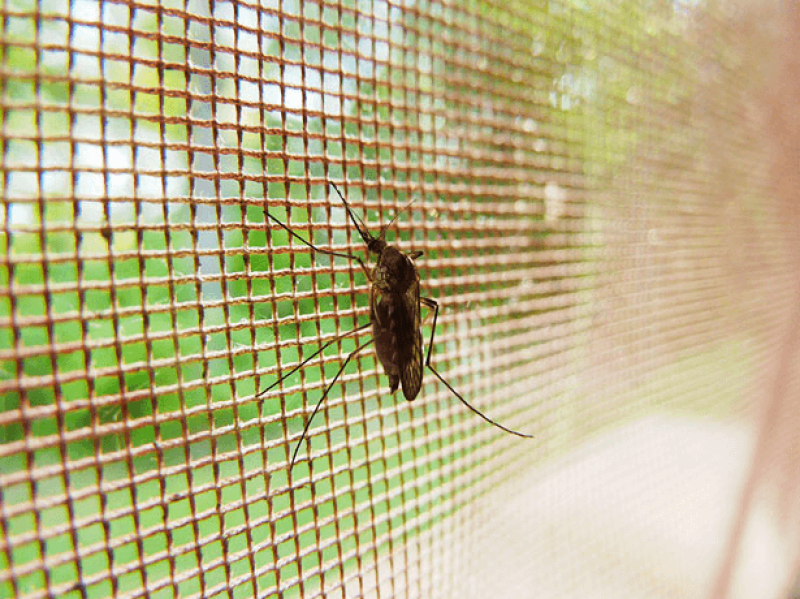Scientists have warned that some mosquito-borne diseases, like malaria and dengue fever, may spread into new territories as the world warms. So they started breeding special mosquitoes that could slow the transmission of viruses.
But until now, researchers weren’t sure if climate change would kill off these disease-resistant insects before they could make a difference.
A new study, published [August 3] in the journal Nature Climate Change, suggests that the disease-quashing bugs will likely survive for at least the next couple of decades. Their fate is less certain further into the future.
The study focuses on a special insect-borne bacterium called Wolbachia, which has natural virus-blocking properties and is carried in different insect populations, including some mosquito species.
Overall, the research suggests that Wolbachia-carrying mosquitoes may be more vulnerable in some parts of the world than in others. And while populations might be relatively resilient through the 2030s, they’re likely to face growing heat-related challenges in later, hotter decades.
Still, Wolbachia isn’t the only disease-fighting method in the toolbox.
Scientists have also developed genetically modified mosquitoes, carrying a gene that causes future generations to gradually die off.































